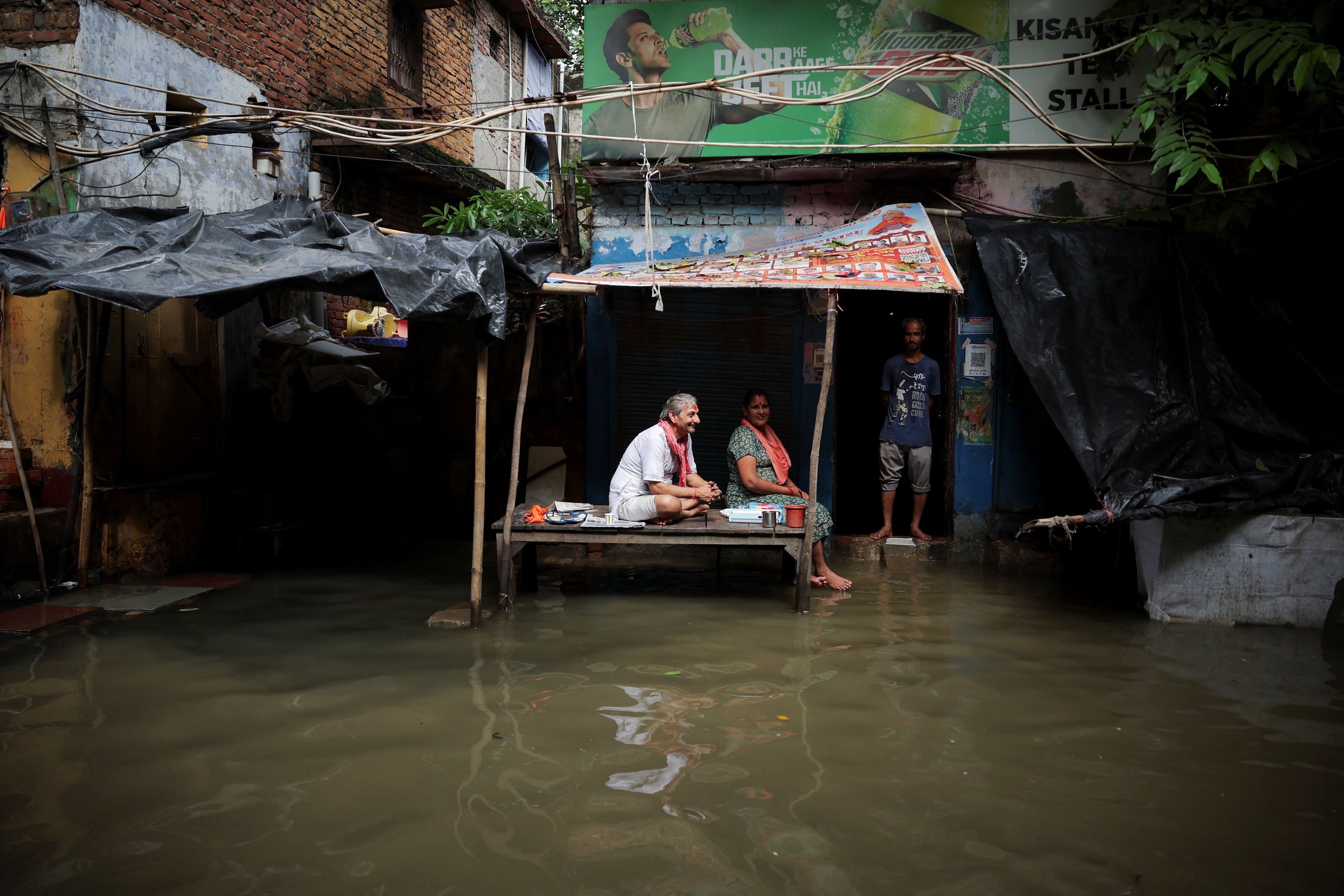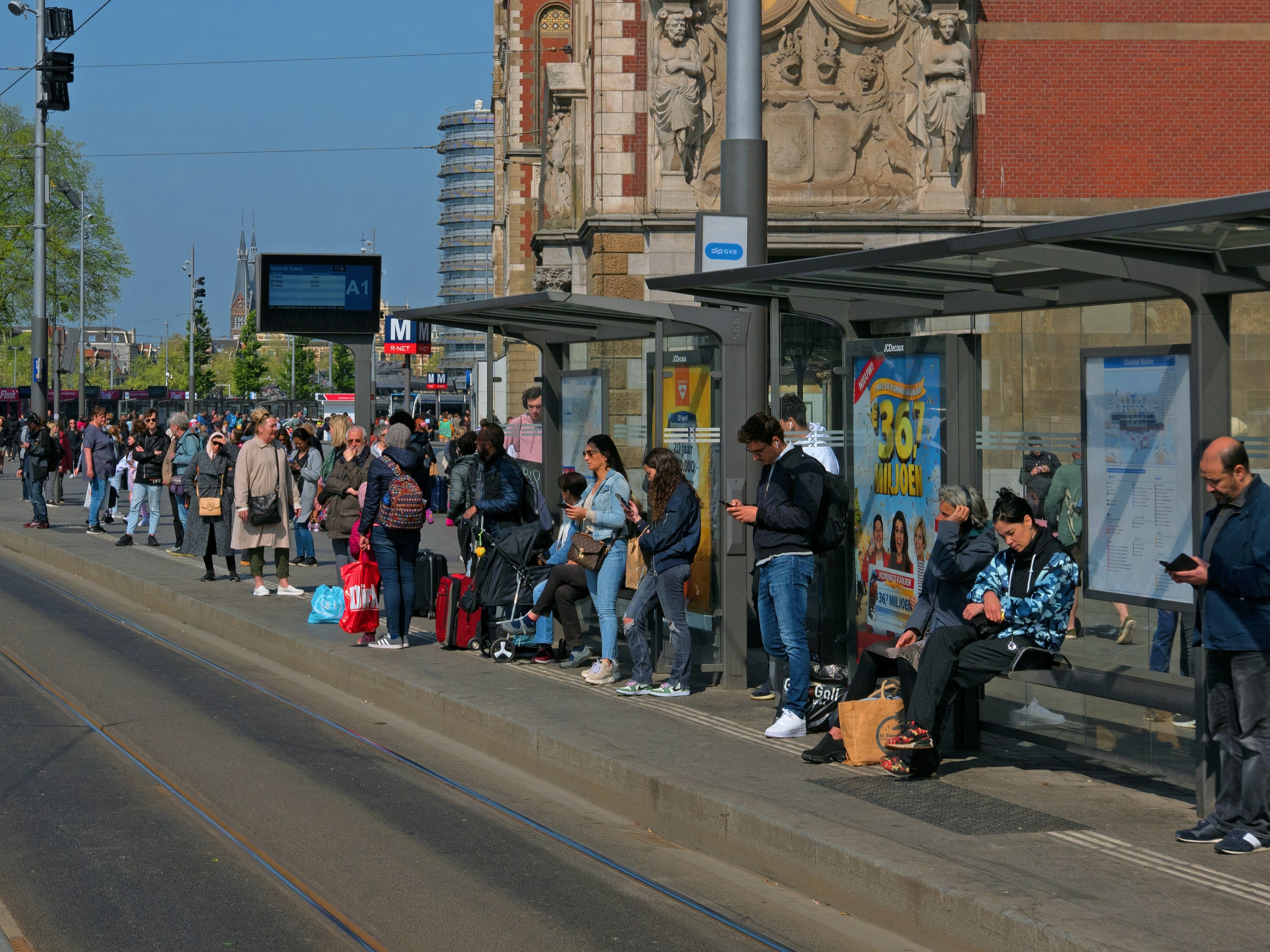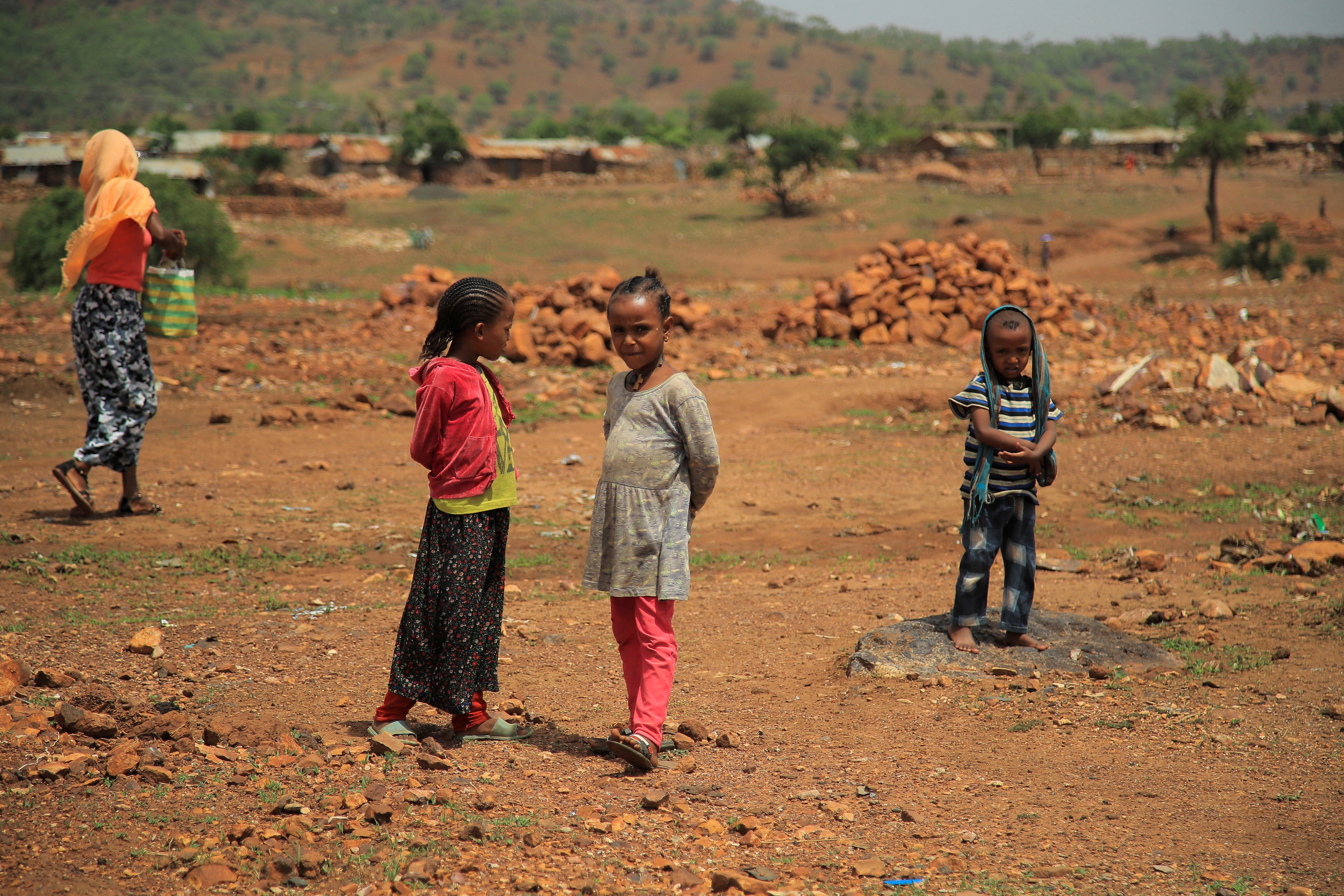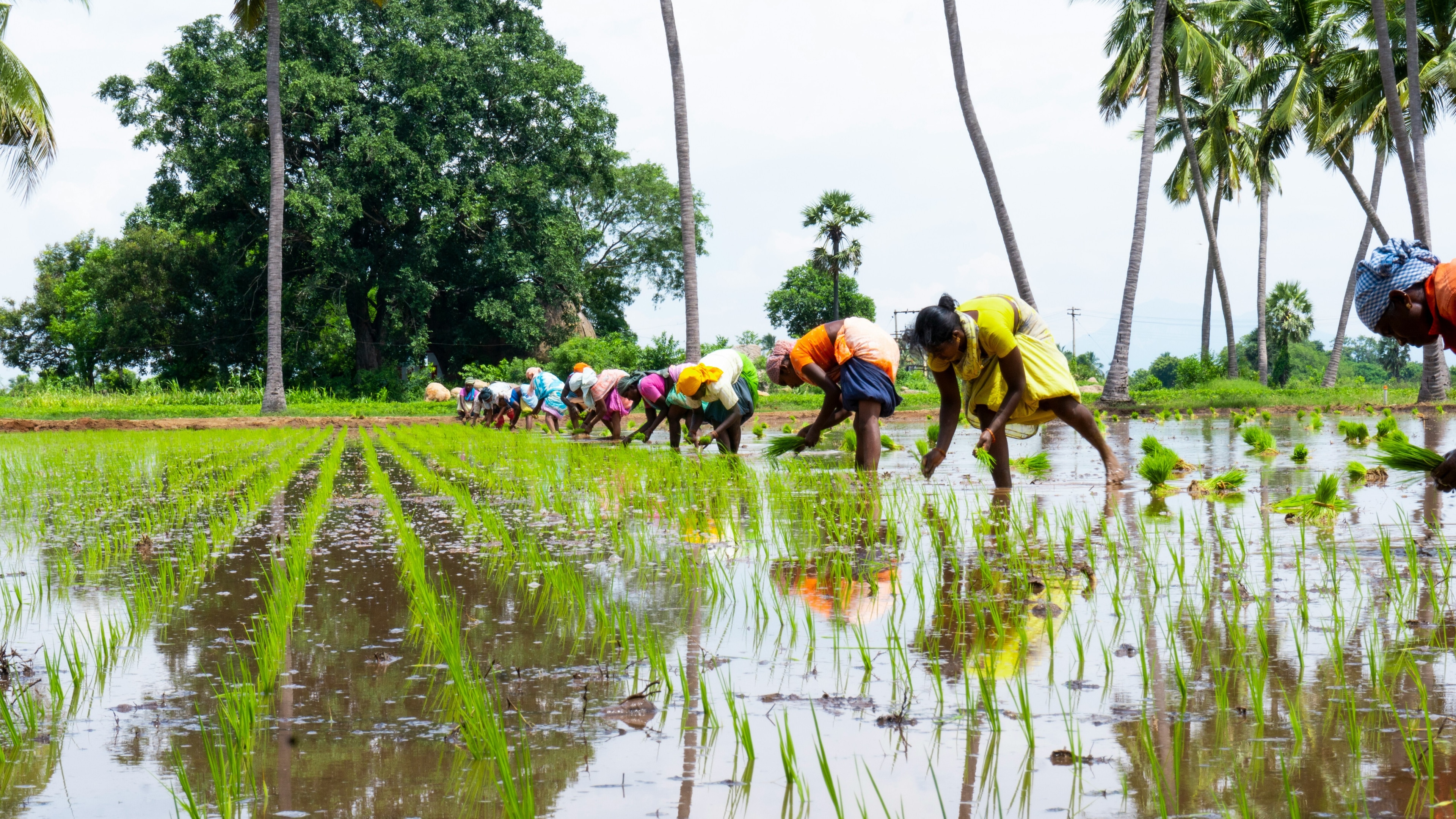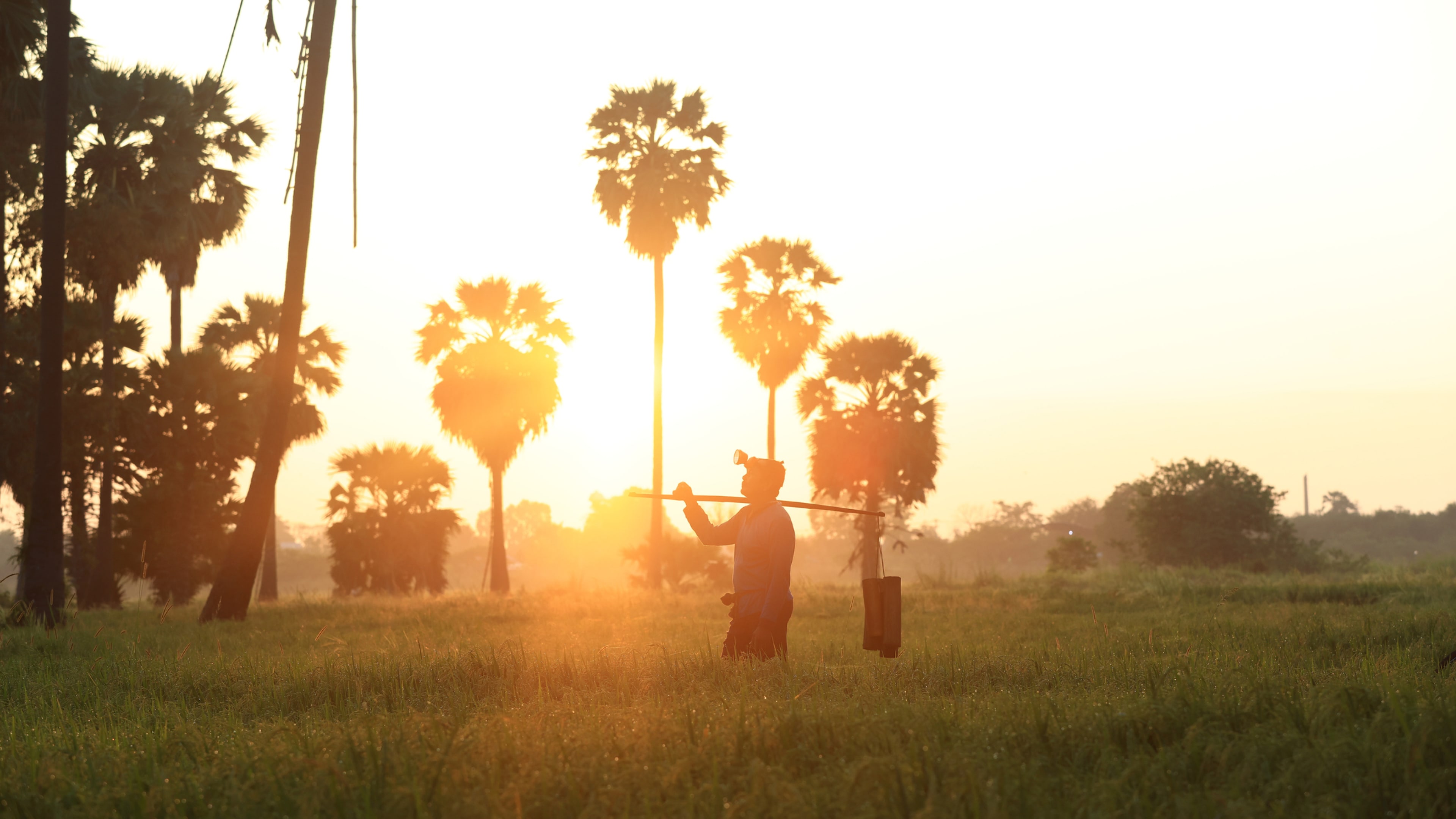How to manage procurement after a disaster

Nepal is coping with the consequences of a disastrous earthquake. During the next months the government will be under a lot of pressure to respond quickly to the needs of the population.
Public procurement units across the country will also feel this pressure. They will be deciding over the purchase of goods and services with taxpayer money. On the one hand, the purchases are urgently needed. On the other, there is a risk that taxpayer money can be wasted if decisions are taken too hastily.
One instrument that can be helpful in this kind of situation is a framework agreement. This should be part of any country’s Disaster Risk Management plan. Its aim is to have a procurement system ready that responds quickly to an emergency. But this quick response should not increase risks beyond what policymakers have defined as acceptable. Special procurement procedures for emergencies should be part of disaster management systems and should especially include tailored framework agreements.
The emergency framework agreements can encompass basic goods and services that are likely to be used in response to a serious emergency. For example, it can include goods such as drugs and medical supplies, emergency housing, fuel, mattresses, blankets, food and water. The agreement will define prices, distribution/delivery conditions and other complementary criteria. This will enable procurement units to issue purchasing orders against the agreement within minutes of an emergency.
There are a few consideration in the design of the framework agreement that are important. These include:
- Delivery capacity: In case of emergency firms could themselves be affected by the emergency. In serious situations, the firms inside the agreement may be unable to produce and distribute. In some cases, it could be the lack of supplies for their own production that could create bottlenecks. Reducing this risk is important. Before an emergency occurs, it should be mandatory to know how resilient each vendor is when faced by a crisis. Another strategy is diversification. Having as many vendors as possible will help. Even better is if some of the vendors are from nearby countries that may be unaffected by the emergency.
- Price speculation: During emergencies it is common to see some vendors trying to maximize prices. They will argue that this is justified by increased demand and supply shortages. Even suppliers with framework agreements might be tempted not to honor the contract and make money by selling at higher prices. The government must be tough on these kind of cases. The cost to the supplier of not fulfilling the agreement must be significant. Additionally, again, diversification is also advantageous.There are many other things that can be done to make procurement easier under emergency situations. But framework agreements are one simple and straightforward tool that should be part of any Disaster Risk Management plan.
This post first appeared on The World Bank Ending Poverty in South Asia Blog.
Publication does not imply endorsement of views by the World Economic Forum.
To keep up with the Agenda subscribe to our weekly newsletter.
Author: Felipe Goya says there are specific ways to ensure procurement after a major disaster.
Image: Indigenous Miskitos carry food aid distributed by the World Food Program. REUTERS/Antonio Aragon/Pool
Don't miss any update on this topic
Create a free account and access your personalized content collection with our latest publications and analyses.
License and Republishing
World Economic Forum articles may be republished in accordance with the Creative Commons Attribution-NonCommercial-NoDerivatives 4.0 International Public License, and in accordance with our Terms of Use.
The views expressed in this article are those of the author alone and not the World Economic Forum.
Stay up to date:
Global Risks
Related topics:
Forum Stories newsletter
Bringing you weekly curated insights and analysis on the global issues that matter.
More on Resilience, Peace and SecuritySee all
Shoko Noda and Kamal Kishore
October 9, 2025

